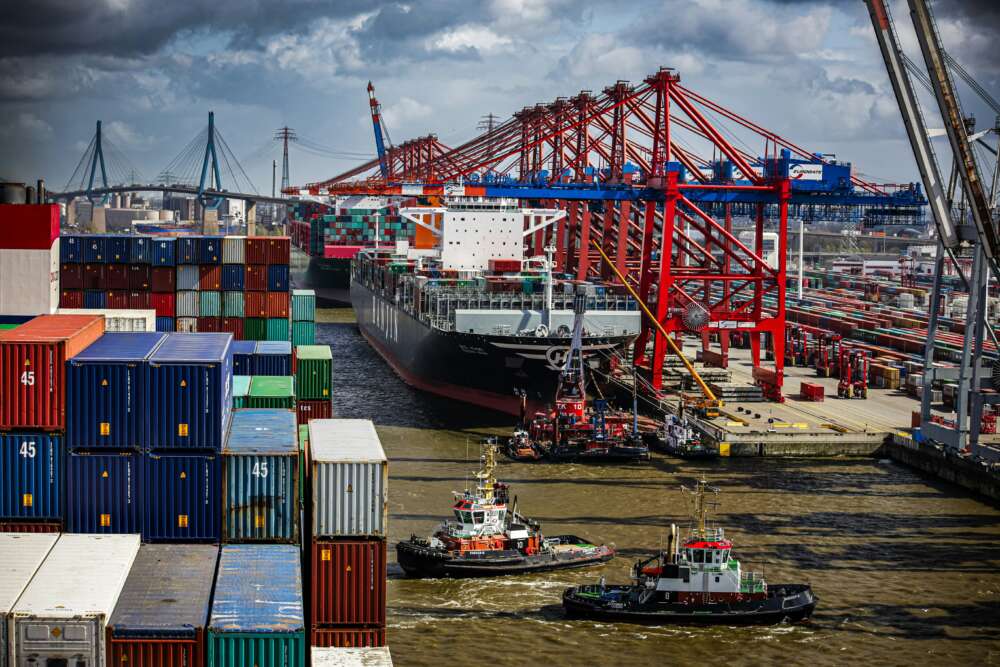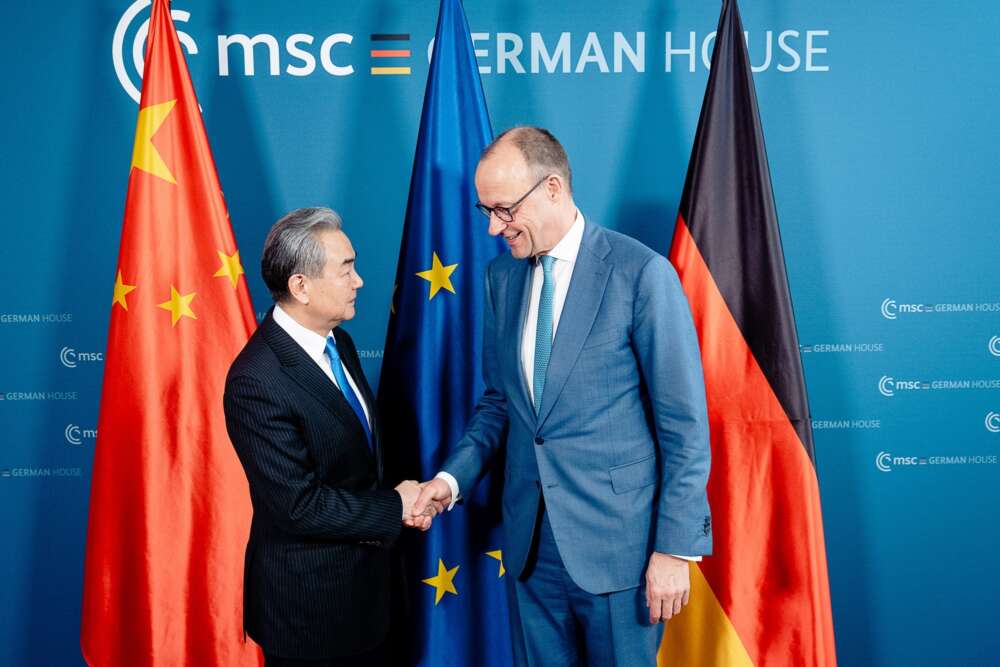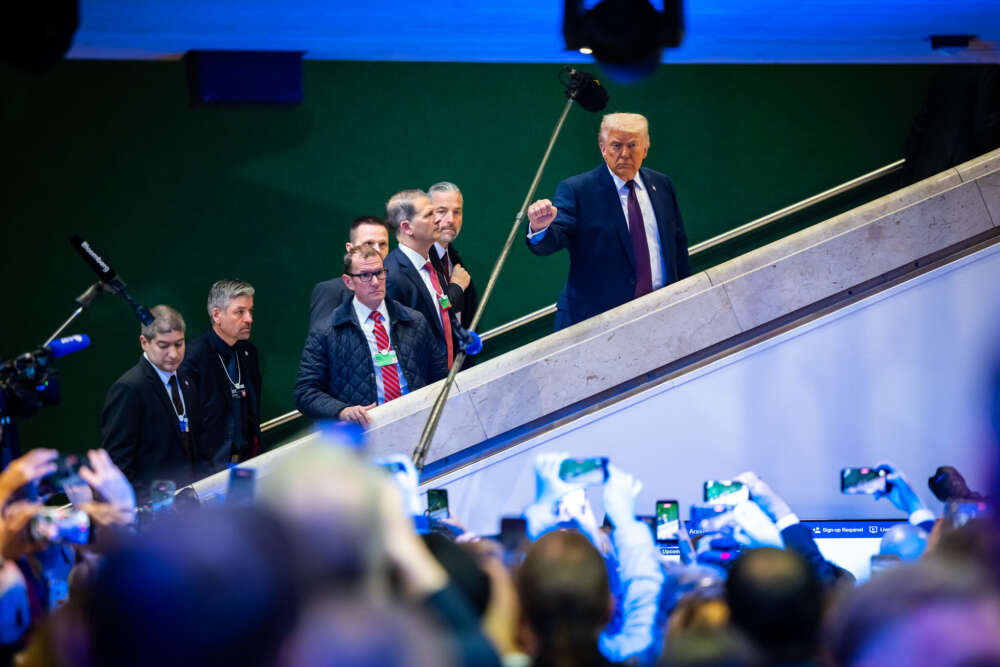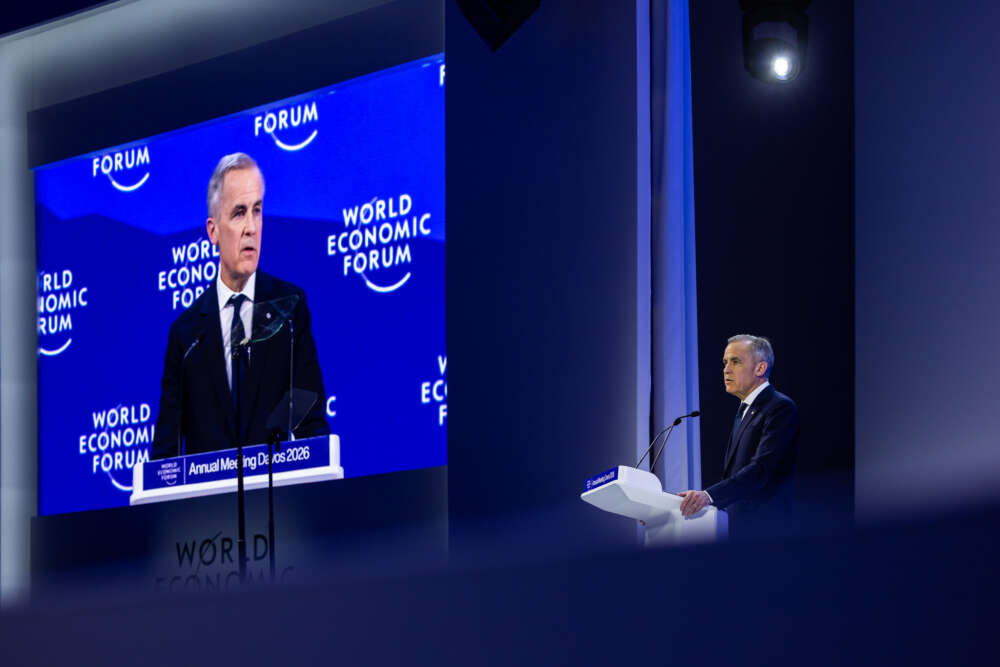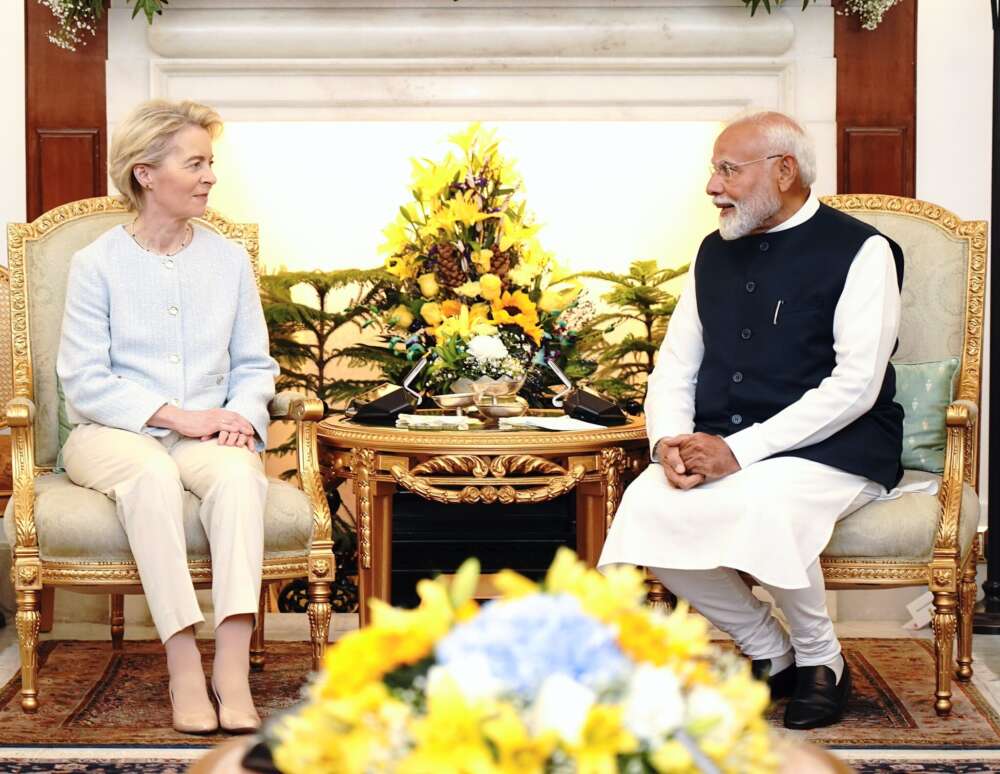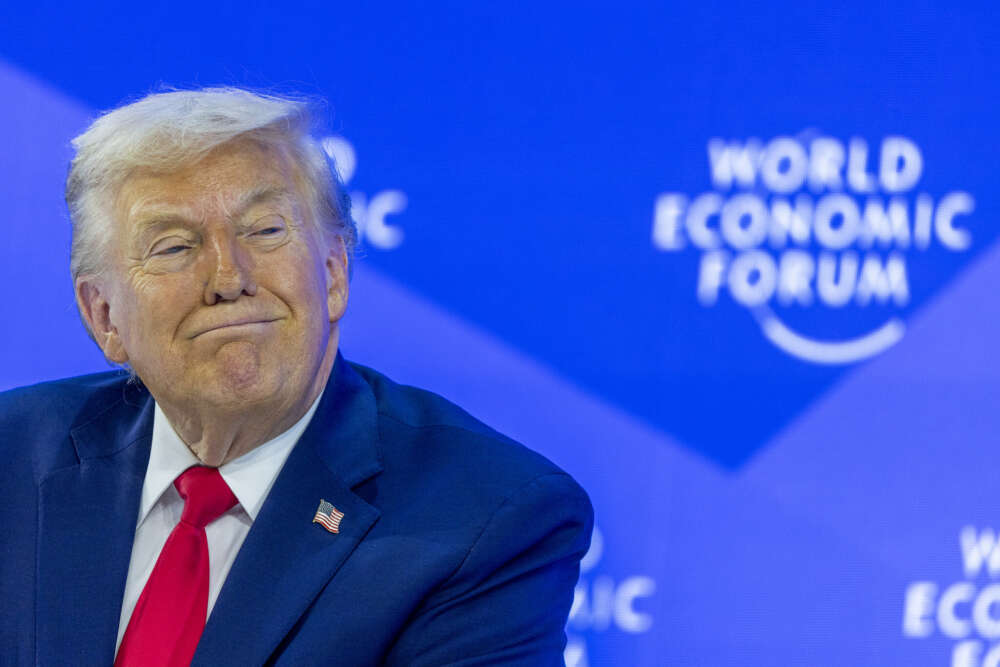Cooperation, Not Bartering: Why Germany Needs Better Relations with Taiwan

Earlier this year, Reuters reported on a letter that Germany’s Minister for Economic Affairs Peter Altmaier wrote to his Taiwanese counterpart, Wang Mei-hua. In the letter, Altmaier requested a priority shipment of semiconductor chips as the German automotive industry had run out. This was a highly unusual step, as cooperation and communication with Taiwan at ministerial level has been a rarity. However, Taiwan is the world market leader for semiconductor chips, which have repeatedly interrupted production in various industries due to delivery delays. Germany does not have the expertise to produce the required chips on its own, and is therefore in danger of losing the competition for alternative transportation methods like e‑cars. Shortly after receiving the letter, Wang Mei-hua invited representatives from Taiwan’s most important chip manufacturers to visit the ministry and assured Germany that all parties involved would “do their best.” To date, this has not helped.
In response to Altmaier’s letter, Taiwanese Health Minister Chen Shih-chung also brought up the possibility of exchanging semiconductor chips for German vaccines. Since the start of the pandemic, the country has had great difficulty supplying its population with vaccines against the novel Coronavirus. In July 2021, just under 388,000 had been fully vaccinated in Taiwan – only 1.6 percent of the population. Two months later, the country managed to raise this number to 34 percent. Talks between the Taiwanese government and BioNTech on the purchase of millions of vaccine doses broke down at the last minute in February 2021, despite support for the deal from the German government. According to Taiwan’s representative in Germany, the breakdown likely occurred because of intervention at the hands of Beijing. After talks ceased, the two Taiwanese tech giants TSMC and Foxconn pushed for their own negotiations with BioNTech. It was not until July 2021 that Taiwan managed to reach a supply agreement with the vaccine manufacturer in Mainz as well as its contract partner in Shanghai.
The fact that Altmaier has not successfully secured the semiconductor chips to date is certainly due to the fact that both countries are democratic. Neither of the governments in Berlin or Taipei could afford to intervene in the business plans of private companies — and that is a good sign! However, weak economic relations mean that even a political and economic powerhouse like Germany needs to take a back seat. Germany is Taiwan’s tenth most important trading partner with an export volume of USD 6.1 billion, but only accounts for 1.7 percent of total exports. From the other side, Taiwan is Germany’s fifth most important trading partner in Asia. Since 2015, Taiwan and Germany have held an agreement to deepen cooperation in the education sector. In 2019, the two powers agreed to further improved cooperation, and the German government announced that it would further expand relations with Taiwan in business, culture, education, science, and research. This came as welcome news to the Taipei, whose representatives in Berlin have long been striving for more cooperation, especially in the field of AI and AI applications for industry. However, since the 2019 agreement, there has been too little movement to achieve better economic relations in the long term.
For this reason, critical voices in Taiwan argue against prioritize Germany in the semiconductor issue in any way. The Taipei Times already published an article in February 2021 accusing the German government of inappropriate behavior in its aid request and arguing that Berlin was loyal to the One-China policy. The Communist Party in Beijing views Taiwan as a part of the People’s Republic of China, and barely tolerates Taiwan’s bilateral cooperation with other countries. Altmaier’s request was thus a “powerful slap in [Minister] Wang’s face.” Germany’s representative in Taiwan said in an interview that the local press wrongly accuses Germany of showing disinterest in regards to Taiwan’s concerns. Moreover, the decision-making authority concerning the distribution of the vaccine does not rest with Germany’s Ministry of Economic Affairs. Thus, Altmaier’s request carries as little weight as Taiwan’s urgent need for vaccines – also in view of BioNTech’s sales market in China.
Nevertheless, more and more representatives are bringing the political use of semiconductor chips to the table: The EU’s de-facto Ambassador to Taiwan, Filip Grzegorzewski, noted that the country should make better use of its products. John Deng, Taiwan’s top trade official, also believes that the shortage of semiconductor chips could actually benefit the country. And there is a point to be made here – Western countries may now be more willing than ever to enter into trade agreements with Taiwan. Even possible negative reactions from Beijing would not be enough to sway countries against cooperating with Taiwan.
Meanwhile, the German government is starting to address the issue of semiconductor chips, and the European Union is also planning its own chip factories – so-called ‘fabs’. However, the Europeans are backing the wrong horse, as Jan-Peter Kleinhans, project director for technology and geopolitics at the Stiftung Neue Verantwortung in Berlin, recently explained. Kleinhans argued that, instead of focusing on chip design and thus becoming more independent, the EU is planning to only bring production itself to Europe. This will not lead to more independence or to better planning in the near future. Further, the planning and construction of even a handful of ‘fabs’ would already consume many years of effort and several billion euros.
As the US has shown, information and communication supply chains can be streamlined through greater economic cooperation with Taiwan. Europe should follow this example and counter the reactions from Beijing accordingly. After all, even China cannot deny the complexity of supply chains in the technology sector and how urgently cooperation between national governments is needed to address these issues. And to be a credible partner, we should respond to Taiwan’s desire for deeper cooperation in other areas, such as software development. Taiwan may benefit more from the cooperation, both economically and politically. At the same time, Germany could strengthen its position as a trusted partner for democracies in Asia. Thus, to make the partnership mutually beneficial, we must develop a genuine interest in joint research, design and expansion of projects. If we do that, we should no longer need a formal letter of request like the one from Peter Altmaier earlier this year.
This commentary was originally published in German in Tagesspiegel Background: Digitalisierung & KI on August 17, 2021.
